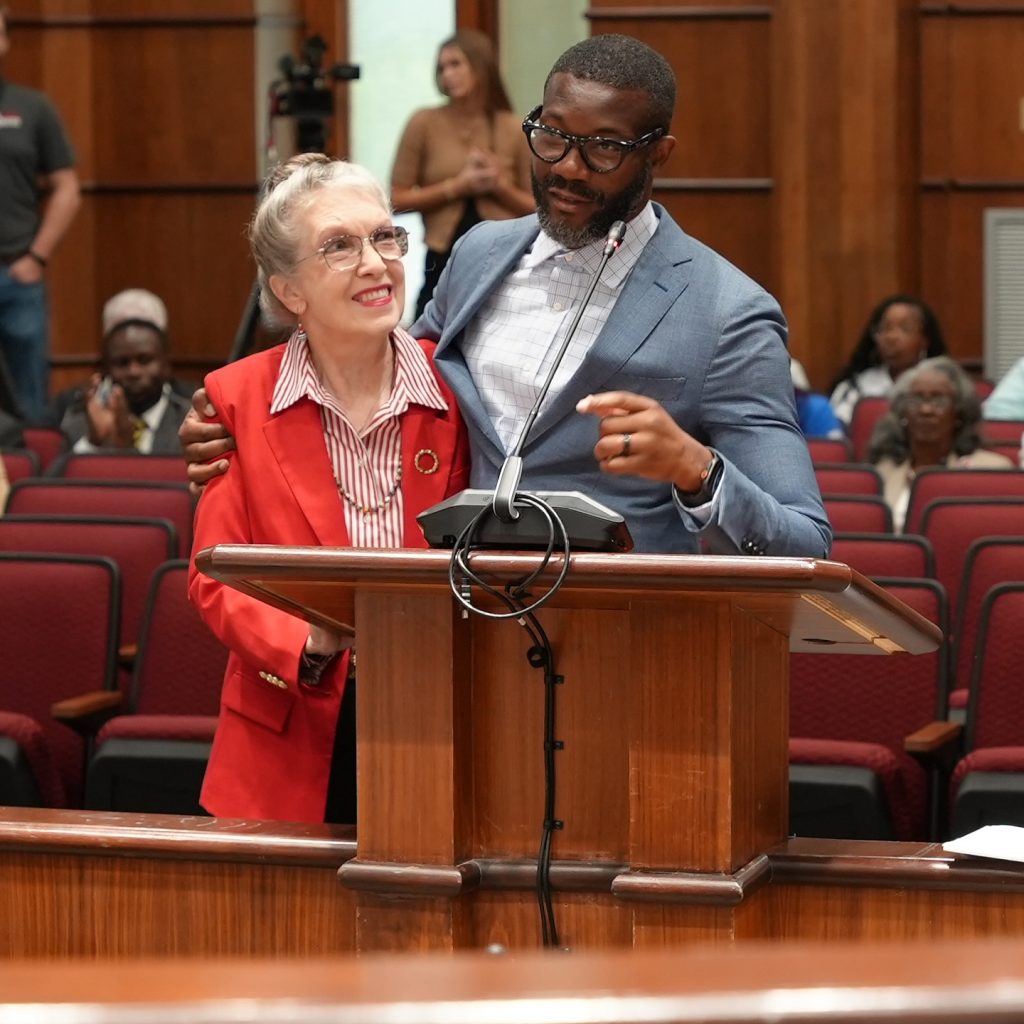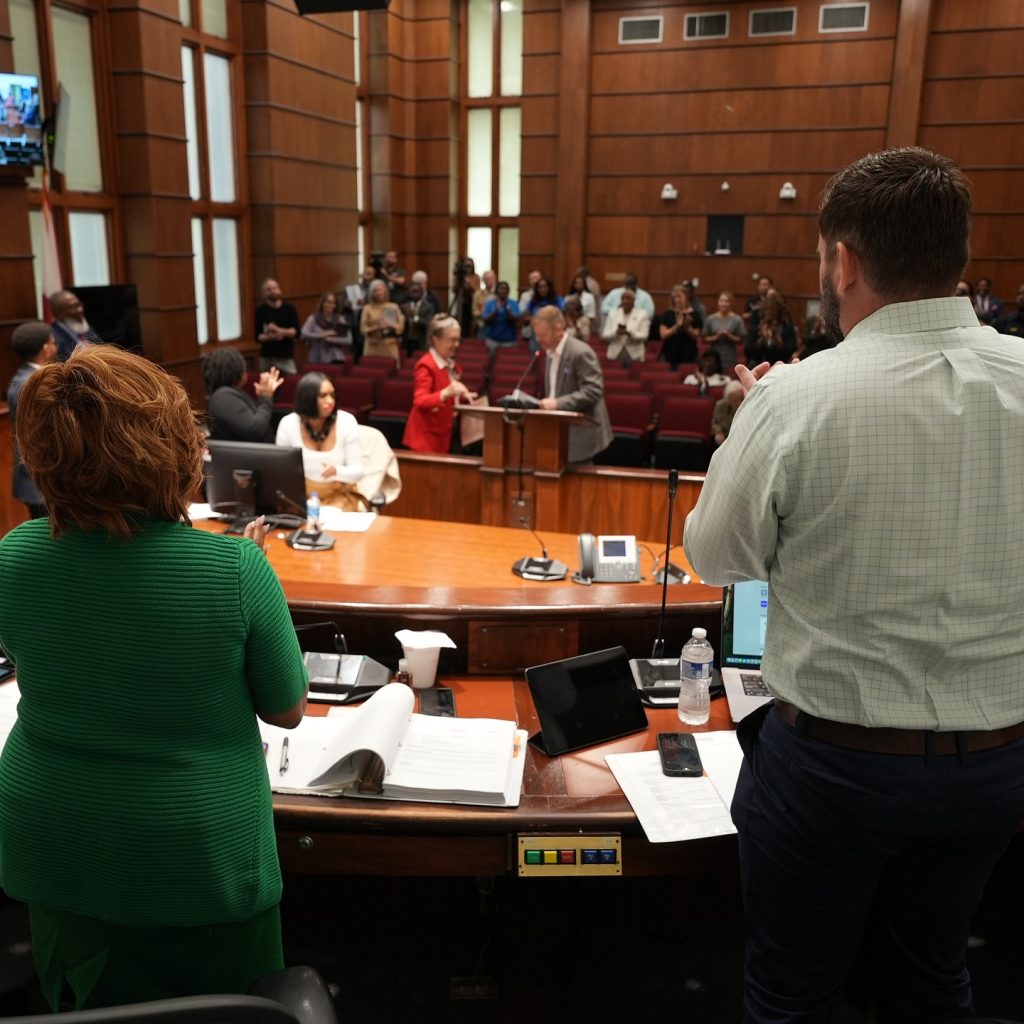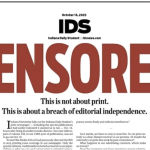Government
Birmingham City Council Passes Long-Awaited Tree Ordinance in Valerie Abbott’s Name

Donate today to help Birmingham stay informed.
The Birmingham City Council on Tuesday approved an ordinance change that creates guidelines on tree-planting and removal on city rights-of-way and city-owned properties.
In addition to outlining what types of trees can be planted, the new ordinance gives the city’s Tree Commission regulatory power over the selection and upkeep process.
Before, the commission had no power except to hold meetings, said Councilor Valerie Abbott. who has pushed for the change since she first took office 24 years ago.
“Right now. people just kind of do what they please and are planting anything they want in public rights-of-way. This ordinance adds a lot of information and guidance on planting trees, who is responsible for them and everything in between — especially as it relates to removal and regulation,” Abbott said. “Our city staff has spent lots of time on this and I want to thank them for bringing us an ordinance that has teeth and will help keep Birmingham beautiful and green.”
The changes seek to clarify the abatement process for removal of unhealthy trees as well as enforcement mechanisms including a permitting process for the removal of trees. According to city staff, fines and restitution collected for unlawful removals as well as removal permitting fees will be transferred to the city’s Tree Fund, which will help fund the replacement of trees that have either fallen or been cut down.
At the suggestion of Councilor Carol Clarke, the council voted to codify the nickname of the ordinance changes as “Abbott’s Law.”
Tuesday’s meeting was Abbott’s last, as she did not seek reelection, and it began with the council, mayor and several city officials giving emotional farewells to the long-time public servant.
“Everybody knows Valerie Abbott. The city of Birmingham proudly recognizes your significant service to the City of Birmingham,” Mayor Randall Woodfin read from a proclamation honoring her. “Marking your retirement, we want to express our deep appreciation for you and who you are. With a tremendous amount of respect, I stand before you, and before for the public, to say you have been a steadfast champion for the City of Birmingham.”

Grant to Sync Traffic Signals
In other business, the council accepted a $1.8 million grant from the Alabama Department of Transportation and Federal Carbon Reduction Program to upgrade traffic signals on state and local roads. The agreement also includes a $450,000 match from the city, which the council also approved.
Council President Darrell O’Quinn said traffic signal optimization is an issue that many residents have brought up in recent years. Over time, due to construction, weather incidents and accidents, many of the traffic signals across the city have been knocked offline, leading to out-of-sync intersections.
“At some point we had connectivity to over 700 traffic signals in the city, so officials were able to adjust them remotely. But over the years, various issues have reduced that number. Today’s vote is an effort to restore that connectivity with grant funding and a local match,” O’Quinn said. “This is something that we all experience daily. It’s very frustrating, and our constituents certainly feel the same way about it. So, I’m very pleased to see this effort moving forward.”
The council on Tuesday also approved a $275,000 incentive package agreement with ESPN for Birmingham to host the 2025 Birmingham Bowl. The college football game will be held at Protective Stadium on Dec. 29.
According to city officials, Birmingham has seen approximately $190 million in economic impact from fans and teams coming to the Magic City since the bowl game’s inception in 2006. Last year’s game, which featured Vanderbilt and Georgia Tech, brought in roughly $9.2 million in ticket sales, hotel stays, meals and sales at local businesses, they said.


